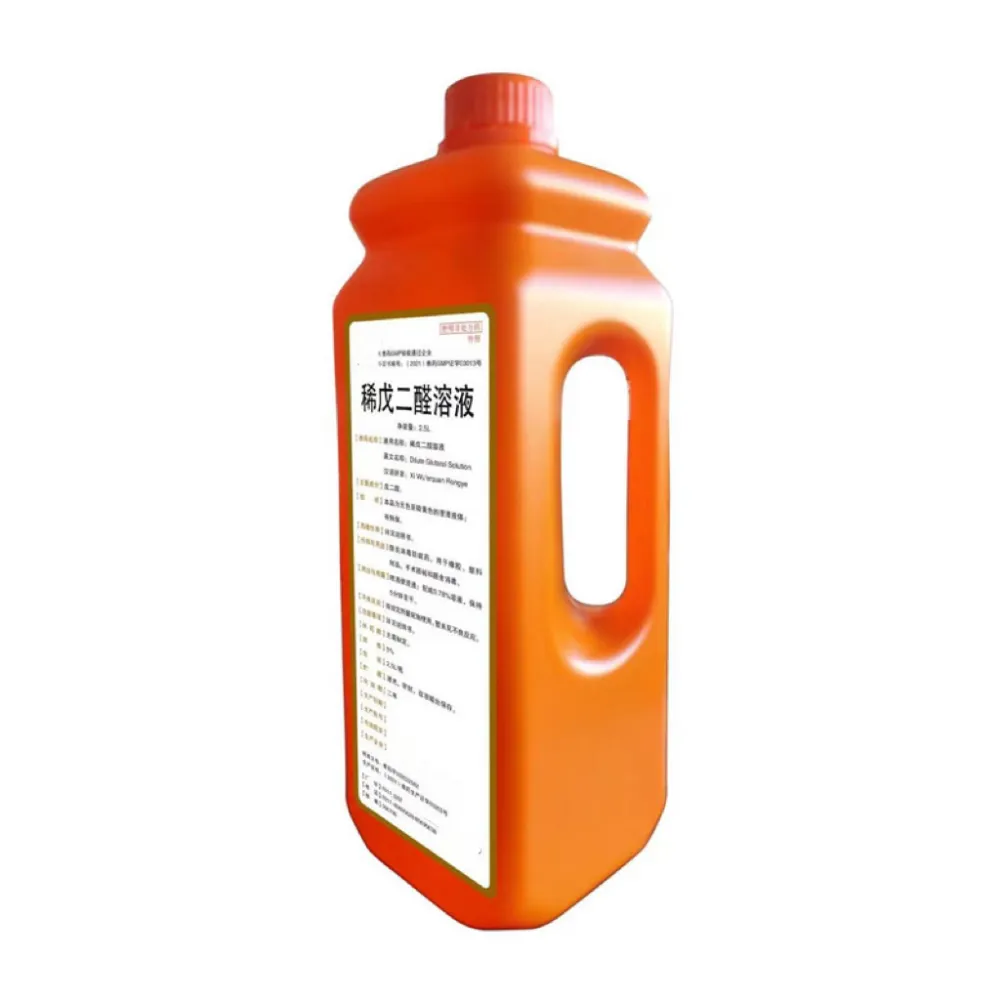- Afrikaans
- Albanian
- Amharic
- Arabic
- Armenian
- Azerbaijani
- Basque
- Belarusian
- Bengali
- Bosnian
- Bulgarian
- Catalan
- Cebuano
- Corsican
- Croatian
- Czech
- Danish
- Dutch
- English
- Esperanto
- Estonian
- Finnish
- French
- Frisian
- Galician
- Georgian
- German
- Greek
- Gujarati
- Haitian Creole
- hausa
- hawaiian
- Hebrew
- Hindi
- Miao
- Hungarian
- Icelandic
- igbo
- Indonesian
- irish
- Italian
- Japanese
- Javanese
- Kannada
- kazakh
- Khmer
- Rwandese
- Korean
- Kurdish
- Kyrgyz
- Lao
- Latin
- Latvian
- Lithuanian
- Luxembourgish
- Macedonian
- Malgashi
- Malay
- Malayalam
- Maltese
- Maori
- Marathi
- Mongolian
- Myanmar
- Nepali
- Norwegian
- Norwegian
- Occitan
- Pashto
- Persian
- Polish
- Portuguese
- Punjabi
- Romanian
- Russian
- Samoan
- Scottish Gaelic
- Serbian
- Sesotho
- Shona
- Sindhi
- Sinhala
- Slovak
- Slovenian
- Somali
- Spanish
- Sundanese
- Swahili
- Swedish
- Tagalog
- Tajik
- Tamil
- Tatar
- Telugu
- Thai
- Turkish
- Turkmen
- Ukrainian
- Urdu
- Uighur
- Uzbek
- Vietnamese
- Welsh
- Bantu
- Yiddish
- Yoruba
- Zulu
Дек . 16, 2024 18:18 Back to list
what is tylosin tartrate used for
What is Tylosin Tartrate Used For?
Tylosin tartrate is a macrolide antibiotic derived from the fermentation of the bacterium *Streptomyces fradiae*. It is primarily used in veterinary medicine for its antimicrobial properties. The compound plays a crucial role in treating various infections in livestock and poultry, making it an essential agent in veterinary pharmaceuticals and animal husbandry practices.
One of the primary uses of tylosin tartrate is in the treatment of respiratory diseases in swine. Respiratory infections can lead to significant economic losses for pig farmers due to reduced growth rates, poor feed conversion, and increased mortality. Tylosin is effective against a range of pathogens, including *Mycoplasma hyopneumoniae*, which is known to cause pneumonia in pigs. By administering tylosin, farmers can mitigate the impact of these infections, thereby improving overall herd health and productivity.
What is Tylosin Tartrate Used For?
Tylosin tartrate is also commonly utilized as a preventative measure against certain diseases. For example, it can be included in feed formulations for young animals to prevent the onset of infections during stressful periods, such as weaning and transportation. The inclusion of tylosin in feed can help maintain gut health, ensuring that animals continue to grow and thrive even under adverse conditions.
what is tylosin tartrate used for

Furthermore, tylosin tartrate has shown efficacy in improving feed efficiency and promoting growth in livestock. Subtherapeutic levels of tylosin can be administered to enhance weight gain and overall feed conversion rates. This practice has been particularly popular in the poultry industry, where rapid growth translates to higher profits and shorter production cycles. However, it is important to note that the use of antibiotics for growth promotion is being scrutinized due to concerns over antibiotic resistance, leading to calls for more responsible use and regulation in livestock production.
In addition to its applications in traditional livestock production, tylosin tartrate is also gaining attention in aquaculture. The antibiotic has been used to treat bacterial infections in fish and shellfish, helping to manage outbreaks and reduce mortality rates. With the growth of aquaculture as a significant source of protein for human consumption, the role of tylosin in ensuring the health of aquatic animals becomes increasingly vital.
Despite its many benefits, the use of tylosin tartrate is not without controversy. Concerns regarding antibiotic resistance have prompted the veterinary community to reconsider its usage patterns. There is a growing emphasis on implementing alternative management practices, such as better animal husbandry, vaccination, and biosecurity measures, to reduce the reliance on antibiotics like tylosin.
In conclusion, tylosin tartrate serves multiple important roles in veterinary medicine, primarily as an antimicrobial agent in livestock and poultry. Its effectiveness in treating respiratory and gastrointestinal infections, as well as promoting growth, makes it a valuable tool for farmers. However, the ongoing concerns about antibiotic resistance necessitate careful consideration and management of its use to ensure the continued health of animals and the safety of food products derived from them.
-
Guide to Oxytetracycline Injection
NewsMar.27,2025
-
Guide to Colistin Sulphate
NewsMar.27,2025
-
Gentamicin Sulfate: Uses, Price, And Key Information
NewsMar.27,2025
-
Enrofloxacin Injection: Uses, Price, And Supplier Information
NewsMar.27,2025
-
Dexamethasone Sodium Phosphate Injection: Uses, Price, And Key Information
NewsMar.27,2025
-
Albendazole Tablet: Uses, Dosage, Cost, And Key Information
NewsMar.27,2025













